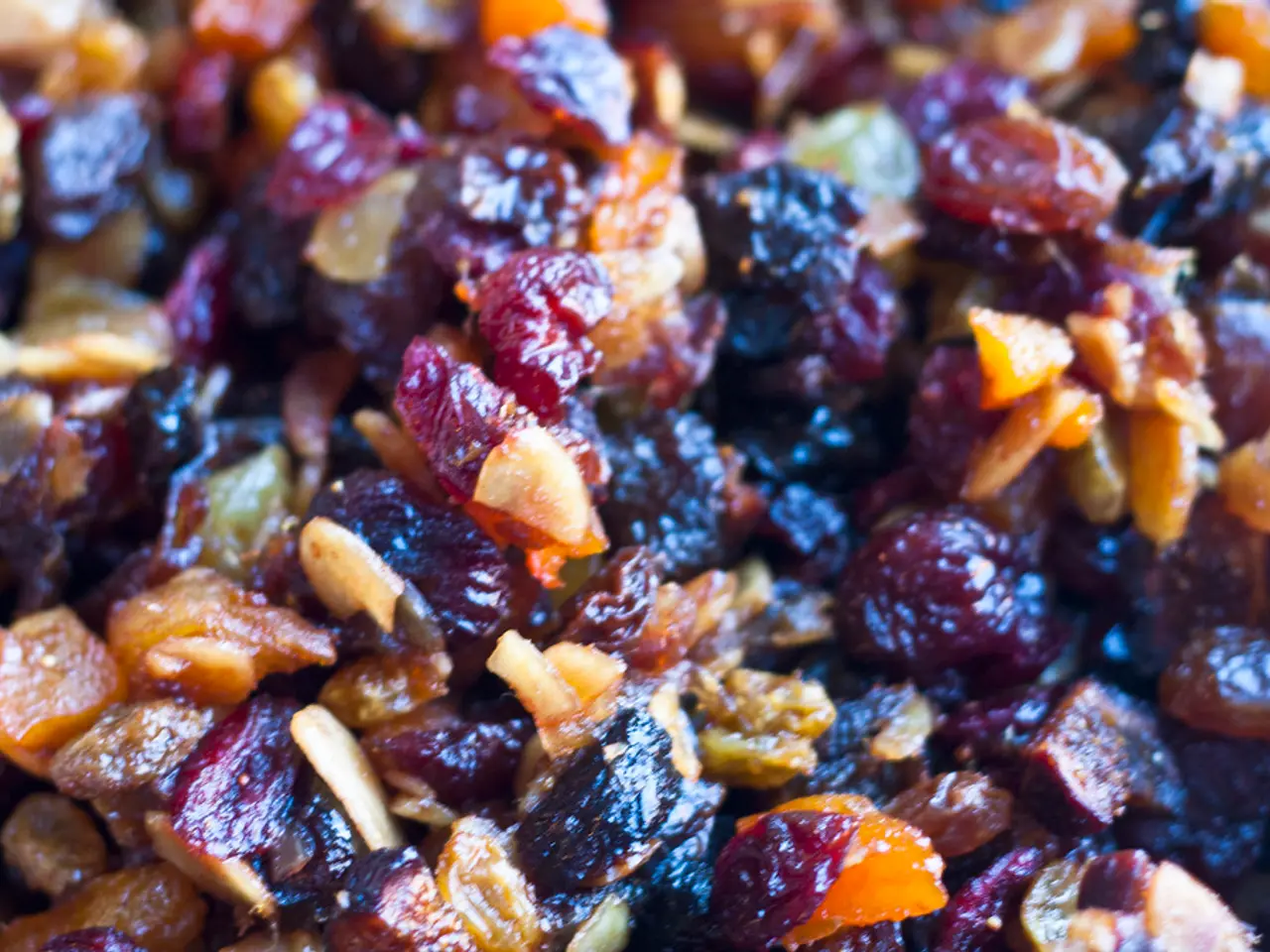Intestinal Bowel Disease (IBD) elevates the risk of stroke occurrence
In a significant study led by Dr. Jiangwei Sun of the Karolinska Institutet in Stockholm, a link between Inflammatory Bowel Disease (IBD) and stroke has been established. The research, involving over 85,000 IBD patients and nearly half a million individuals without the disease, spanned an average of 12 years.
The study revealed that people with IBD had an 11% higher overall risk of stroke compared to their full siblings, who had no history of IBD or stroke at the study's outset. During the study period, 3,720 IBD patients experienced a stroke, compared to 15,599 individuals without IBD. The increased risk was mainly due to ischemic stroke, caused by a blockage of blood flow to the brain.
The link between IBD and stroke is primarily attributed to chronic inflammation, which creates a prothrombotic state, leading to higher chances of blood clot formation and vascular complications such as stroke. This chronic inflammation can damage blood vessels and promote the formation of plaques that narrow arteries, thereby elevating stroke risk.
Moreover, autoimmune mechanisms common in IBD might involve genetic alterations such as clonal haematopoiesis of indeterminate potential (CHIP), which increase systemic inflammation and vessel damage, further raising cardiovascular and stroke risk.
To manage IBD and lower the odds of stroke, experts recommend a plant-based diet free from animal products and processed foods, as suggested by Dr. Adria Schmedthorst. Additionally, avoiding smoking and alcohol use is advised.
The study also identified other factors that could affect stroke risks, such as heart disease, high blood pressure, and obesity. High blood pressure, elevated cholesterol, and diabetes can contribute to stroke risk for people with IBD.
For those seeking resources on stroke prevention, "The Stroke Syndrome: 5 Signs it's Stalking You - Plus the Hidden Causes and Preventive Measures You've Never Heard About!" is a valuable resource. It's important to note that only 10% of stroke survivors recover almost completely, and 80% of strokes are preventable.
Interestingly, mango can help reduce IBD symptoms, but should be introduced gradually to minimize issues with fiber. The golden-colored oil of the Nigella sativa plant, rich in compounds essential for a healthy immune system, may also offer benefits.
In conclusion, while the link between IBD and stroke is complex, understanding the underlying mechanisms can help individuals with IBD take proactive steps to manage their risk and maintain optimal health.
- The scientific study led by Dr. Jiangwei Sun at the Karolinska Institutet found a connection between Inflammatory Bowel Disease (IBD) and stroke, demonstrating an 11% higher overall risk of stroke for people with IBD compared to their full siblings.
- The research discovered that ischemic stroke, caused by a blockage of blood flow to the brain, accounted for the increased risk observed in IBD patients.
- Chronic inflammation, a common factor in IBD, was primarily responsible for creating a prothrombotic state that increases the chances of blood clot formation and vascular complications like stroke.
- Additionally, autoimmune mechanisms in IBD may involve genetic alterations such as clonal haematopoiesis of indeterminate potential (CHIP), which escalate systemic inflammation and vessel damage, further heightening cardiovascular and stroke risk.
- To mitigate the risk of stroke and IBD, experts advise adhering to a plant-based diet free from animal products and processed foods, foregoing smoking and alcohol use, and focusing on nutrition.
- Besides IBD, heart disease, high blood pressure, and obesity were identified as factors that could affect a person's stroke risk, as they contribute to stroke risk for individuals with IBD.
- To learn more about stroke prevention, the book "The Stroke Syndrome: 5 Signs it's Stalking You - Plus the Hidden Causes and Preventive Measures You've Never Heard About!" is a helpful resource, emphasizing that only 10% of stroke survivors recover almost completely, while 80% of strokes are preventable.
- Aside from traditional management methods, natural remedies like mango, known for reducing IBD symptoms, and Nigella sativa plant oil, rich in immune-boosting compounds, may offer benefits for maintaining a healthy lifestyle and fitness-and-exercise routine, ultimately contributing to improving cardiovascular-health, mental-health, digestive-health, respiratory-conditions, and skin-care, as part of the broader health-and-wellness spectrum.




